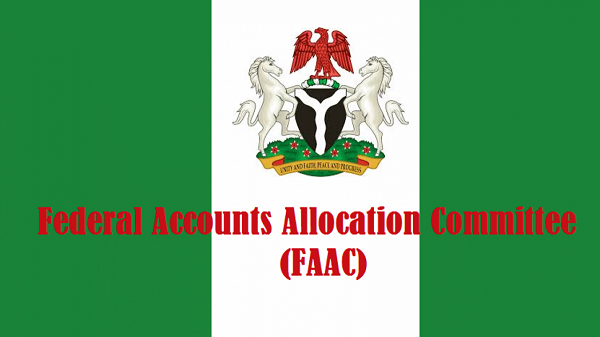
…All barriers cleared for implementation
… Lagos plans elections for 20 councils, 37 LCDAs in 2025
Starting next month, local councils across Nigeria will begin receiving direct allocations from the Federation Account.
The move follows the Supreme Court’s July 11 ruling granting financial autonomy to councils, a judgment that the federal government is set to fully implement.
A source revealed that December’s allocation will be disbursed directly to local governments, signaling the end of delays caused by the contentious state/local government joint accounts. Governors’ resistance to the Supreme Court judgment has been a significant hurdle, but these issues have now been resolved.
An Inter-Ministerial Committee, tasked with enforcing the Supreme Court ruling, confirmed that all 774 local governments would fully transition to direct allocations by January 2025. Although some councils have already started receiving funds directly, the full rollout will begin next month.
“This is a pivotal moment for governance in Nigeria,” a committee member said. “Our January 2025 review will address remaining challenges, including actions by governors attempting to undermine local government autonomy.”
The committee, chaired by the Secretary to the Government of the Federation (SGF), George Akume, includes key government officials such as the Coordinating Minister of the Economy, Wale Edun; Attorney-General of the Federation, Lateef Fagbemi; and Central Bank Governor, Olayemi Cardoso. President Bola Ahmed Tinubu has expressed strong support for the financial independence of local councils.
Despite the Supreme Court’s ruling, some governors and state assemblies have sought ways to maintain control over local government funds. For example:
The Anambra State House of Assembly passed a bill requiring councils to remit part of their allocations to a state-controlled joint account, a move criticized as undermining the judgment.
In contrast, the Nasarawa State Assembly abolished joint accounts and restructured its local government system to comply fully with the ruling.
Attorney-General Fagbemi has warned of legal consequences for governors defying the Supreme Court order, emphasizing that financial autonomy is designed to empower grassroots governance, not enrich individuals.
The direct allocation system is expected to enhance councils’ ability to deliver services without undue interference. Immediate past National President of the Association of Local Governments of Nigeria (ALGON), Aminu Muazu Maifata, urged council chairmen to prioritize developmental projects.
“I expect them to focus on addressing grassroots challenges such as insecurity, water shortages, and infrastructure deficits,” Maifata said. ALGON has developed a template to guide chairmen on using their allocations effectively.
The Senate has also called for constitutional amendments to remove ambiguities in Section 162(6) of the 1999 Constitution, which created state/local government joint accounts. Senate President Godswill Akpabio emphasized the importance of establishing a clear framework to ensure local government autonomy.
Despite progress, challenges remain. In Edo State, for example, the suspension of local government chairmen accused of insubordination highlights ongoing tensions between states and councils. Critics argue that such actions undermine democratic principles and the financial autonomy granted by the Supreme Court.
As councils prepare for direct allocations, stakeholders hope this will mark a new era of grassroots development. With the federal government’s support and oversight, local governments are expected to fulfill their constitutional responsibilities and improve the lives of their communities.






